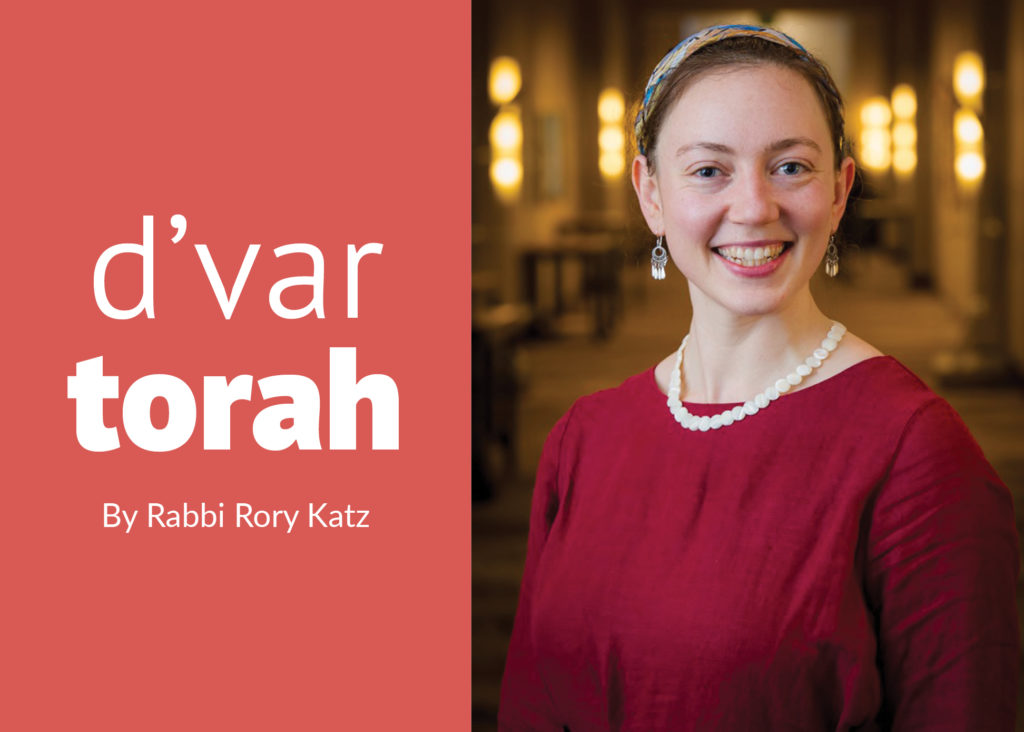
By Rabbi Rory Katz
Divorce, one of the topics discussed in this week’s Torah portion, is often a very private experience. In her memoir, “Yes Please,” actress/comedian Amy Poehler describes divorce like this:
“When you are a person going through a divorce you feel incredibly alone, yet you are constantly reminded by society of how frequently divorce happens and how common it has become. You aren’t allowed to feel special, but no one knows the specific ways you are in pain.”
Does divorce have to be such a lonely experience? In some ways, it makes sense. Divorces are often sad, so maybe people want them to be private. The Torah, however, prevents them from being completely private affairs. If a man decides he wants a divorce, we read, he must write a bill of divorce. This ritual serves two essential functions. First, it serves as a protection to the wife; her husband cannot give her a divorce in the heat of a moment, but rather must go through a whole procedure first. Second, the divorce document, like a ketubah, requires witnesses. In both weddings and divorces, the relationship transitions happen in the presence of representatives from the wider community.
But for many, a couple of witnesses does not suffice for the social needs that individuals going through divorce or other relationship transitions need. Many people feel isolated and alone with their pain. When I was in my 20s, I went through my first major romantic breakup. My roommates exposed me to a core modern breakup ritual: the presentation of a pint of ice cream to the newly single person. I appreciated the gesture and the blessing that I read into it (“May you find sources of sweetness and fatty nourishment from people who love you”), but I wanted more. I was in mourning. I wanted to sit in my house for a week. I wanted everyone to come over and keep me company and bring me food. I wanted to be sitting shiva.
Jewish traditions around death are so powerful. What would it be like to bring some of that wisdom to divorce and other settings that also have grief and loss? Could we organize meal trains and visits? Could we write and listen to eulogies about the ended relationships? Could we wish newly single people that an ended relationship’s memory be for a blessing? The Torah portion describes the initial ritual in a divorce. It is up to us to expand upon it to bring comfort to one another in hard times.
Rabbi Rory Katz is the spiritual leader of Chevrei Tzedek Congregation.







